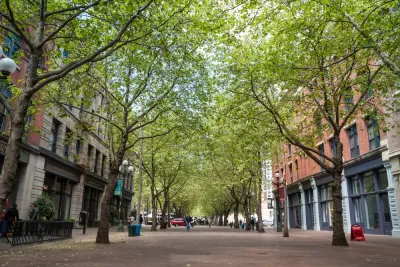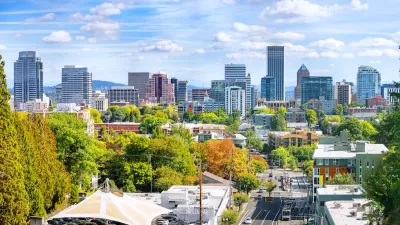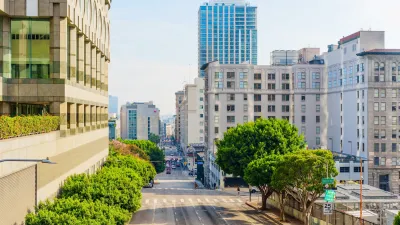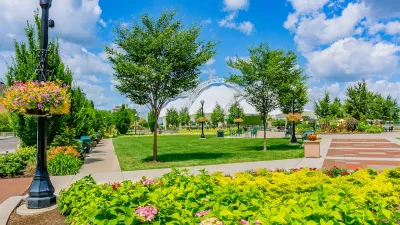Experts emphasize that planting and maintaining trees in urban areas is essential for reducing extreme heat, cooling cities, and preventing heat-related illnesses, especially as heatwaves become more frequent and severe.

As extreme heat events become more frequent and severe due to climate change, experts are urging cities to rely more on trees to mitigate rising temperatures. At a symposium titled Urban Forestry for Changing Times, over 150 arborists, scientists, and community members gathered to discuss the urgent need to plant more trees in California’s urban areas. Researchers like Edith de Guzman from UCLA emphasized that trees are not just aesthetic, but essential for cooling communities by blocking sunlight and providing evaporative cooling.
Scientific studies show that tree canopies can reduce ground temperatures by 11 to 19 degrees compared to areas without trees. Cindy Blain of California ReLeaf, a nonprofit promoting tree planting, noted that trees play a critical role in cooling urban spaces and should be strategically and carefully selected and maintained. The challenge, especially in California, is ensuring trees receive adequate water since they cannot be left unattended after planting as they might be in other regions.
As reported by Rob Hayes, experts highlighted the importance of trees in reducing heat-related illnesses and deaths, particularly in communities with fewer trees. According to de Guzman, neighborhoods shaded by trees experience lower instances of heat-related health issues, underlining the potential life-saving benefits of expanded urban forestry. As temperatures continue to rise, tree planting and care will be vital in protecting vulnerable populations from the harmful impacts of extreme heat.
FULL STORY: Experts: Lean on trees for relief from extreme heat, heatwaves

Maui's Vacation Rental Debate Turns Ugly
Verbal attacks, misinformation campaigns and fistfights plague a high-stakes debate to convert thousands of vacation rentals into long-term housing.

Planetizen Federal Action Tracker
A weekly monitor of how Trump’s orders and actions are impacting planners and planning in America.

In Urban Planning, AI Prompting Could be the New Design Thinking
Creativity has long been key to great urban design. What if we see AI as our new creative partner?

How Trump's HUD Budget Proposal Would Harm Homelessness Response
Experts say the change to the HUD budget would make it more difficult to identify people who are homeless and connect them with services, and to prevent homelessness.

The Vast Potential of the Right-of-Way
One writer argues that the space between two building faces is the most important element of the built environment.

Florida Seniors Face Rising Homelessness Risk
High housing costs are pushing more seniors, many of them on a fixed income, into homelessness.
Urban Design for Planners 1: Software Tools
This six-course series explores essential urban design concepts using open source software and equips planners with the tools they need to participate fully in the urban design process.
Planning for Universal Design
Learn the tools for implementing Universal Design in planning regulations.
Gallatin County Department of Planning & Community Development
Heyer Gruel & Associates PA
JM Goldson LLC
City of Camden Redevelopment Agency
City of Astoria
Transportation Research & Education Center (TREC) at Portland State University
Jefferson Parish Government
Camden Redevelopment Agency
City of Claremont





























